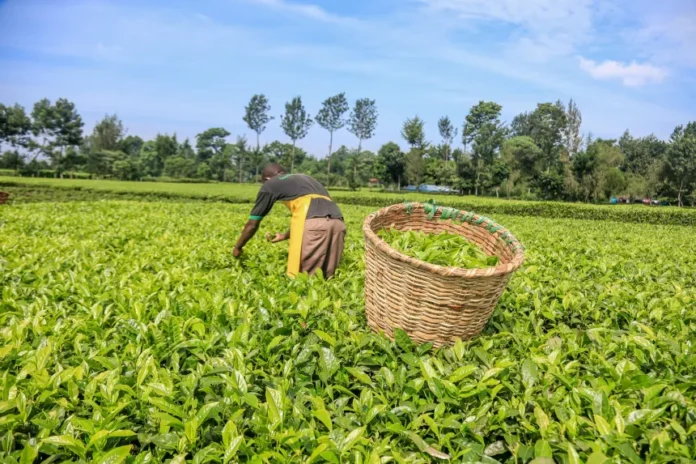Nineteen tea factories across Kenya are set to benefit from a Ksh 3.5 billion government investment aimed at upgrading infrastructure and improving operational efficiency. The move is part of ongoing reforms in the tea sector designed to boost farmers’ earnings and enhance the global competitiveness of Kenyan tea.
Speaking in Naivasha during a meeting with Kericho Members of County Assembly (MCAs), Principal Secretary for Agriculture Dr. Kiprono Rono announced the funding, emphasizing its role in modernizing factory operations to meet quality and market demands.
“We have set a budget of Ksh 3.5 billion to improve infrastructure in all 19 tea factories to boost their efficiency and meet quality demands,” said Dr. Rono.
The PS also revealed additional government plans to reduce taxation on tea and waive levies on packaging materials as part of value-addition measures. He noted that the reforms will facilitate direct tea sales, helping cut transaction costs and improve profit margins for farmers.
In a bid to open up more international markets, Dr. Rono announced that Kenya will host a global tea conference in October, bringing stakeholders together to explore trade opportunities and investment partnerships.
Beyond tea, the reform agenda is also targeting other key value chains including coffee, pyrethrum, avocado, and sugar. Kericho County, for instance, is among 19 counties slated to receive over 500,000 pyrethrum seedlings, 1.2 million coffee seedlings, and 27 varieties of sugarcane that are high-yielding, drought-tolerant, and disease-resistant.
To support broader agricultural development, Dr. Rono said the government is rolling out 1,450 ward-level cooperatives where farmers can access certified seedlings and financing. Additionally, new last-mile fertilizer distribution centers will provide affordable farm inputs and extension services.
Kericho County Speaker Dr. Patrick Mutai praised the tea sector support and broader investment in value chains, calling for deeper collaboration between the county and the national government to ensure the full rollout of programs.
Majority Leader Philip Rono welcomed the seedling distribution and lauded the coffee reforms, noting increased earnings for farmers. He also highlighted the introduction of juncao, a new high-yielding fodder crop being distributed across the county, which is already boosting milk production and incomes for dairy farmers.
The comprehensive reform initiative marks a significant step toward agricultural transformation under the government’s Bottom-Up Economic Transformation Agenda (BETA), with the ultimate goal of improving livelihoods and positioning Kenya as a global leader in agro-based exports.
Written By Rodney Mbua



















